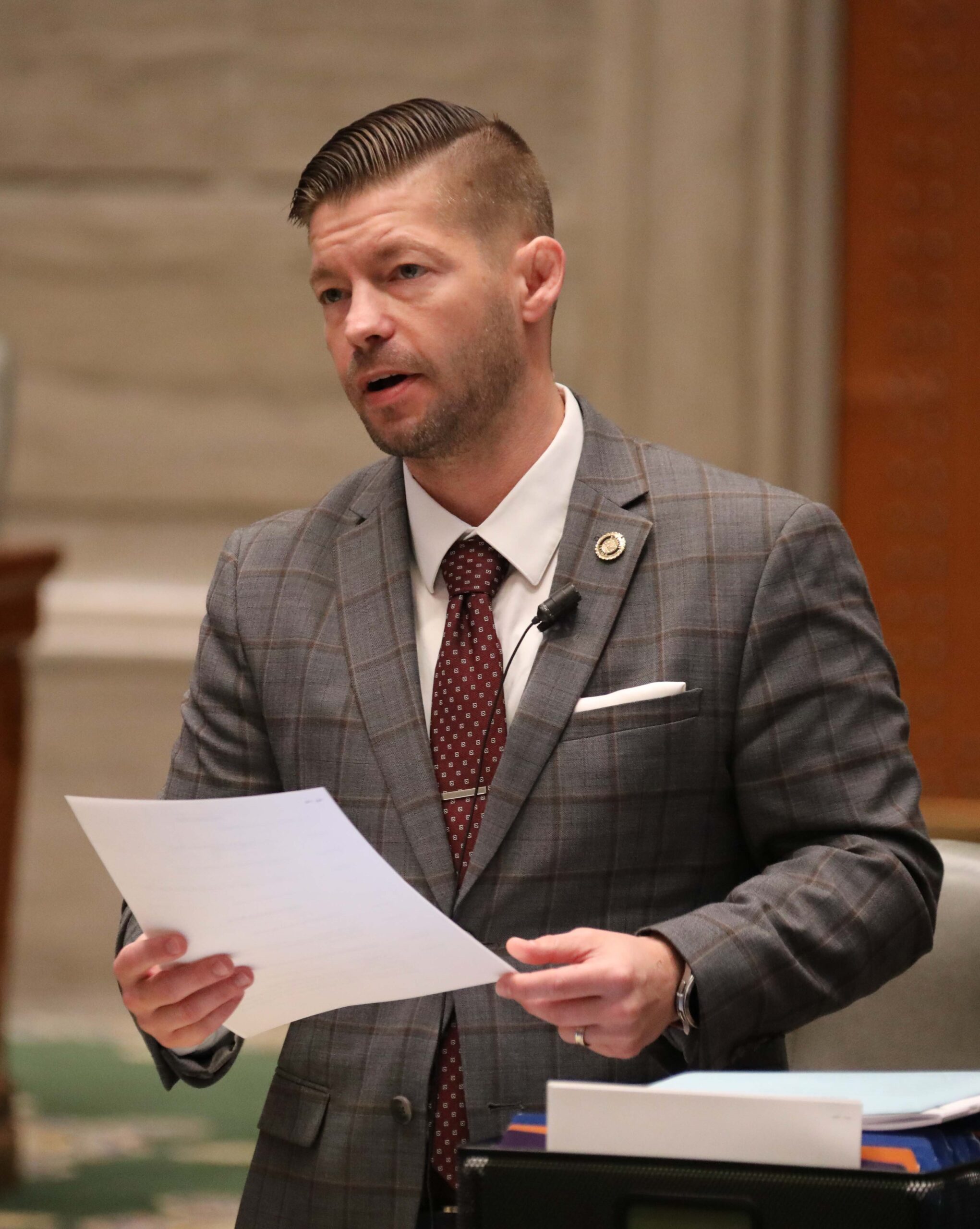The Missouri General Assembly renewed its opposition against certain Diversity, Equity, and Inclusion (DEI) statements at public universities during the 2024 legislative session.
SB 1125, championed by Senator Ben Brown, aims to prohibit public universities from requiring an “applicant, student, employee, or contractor” to submit DEI statements. The bill would also prohibit public universities from “giving preferential consideration in admissions or employment on the basis of an individual’s or entity’s submission of an unsolicited statement relating to a discriminatory ideology.”
The bill concerns DEI in the context of hiring and enrollment processes and does not restrict research or coursework at public universities.
The bill is identical to SB 680, also from Brown, which faltered in committee during the 2023 legislative session.
SB 1125 made it out of the Select Committee on Empowering Missouri Parents and Children Committee this morning, but not after a public hearing centered around the bill that took place last week.
Raheem Williams, a Senior Fellow at Do No Harm Action, spoke in favor of the bill. Williams compared the DEI statements to McCarthy-era policies during the Cold War. Do No Harm is a national nonprofit organization working to oppose identity politics in medicine.
Paul Wagner, Executive Director of the Council on Public Higher Education, spoke against the bill. Wagner criticized the bill and claimed that the “loyalty oaths” did not exist in Missouri.The Council on Public Higher Education in Missouri is a nonprofit association made up of nine presidents from Missouri’s public universities.
Brown rejected the idea that the oaths did not exist during his closing remarks. He claimed that he had found three in 10 minutes while searching job applications at public universities in Missouri and offered those applications as evidence for the committee. He also claimed that if given 10 more minutes, he could find more.
The bill comes at a tumultuous time for public universities nationwide that utilize DEI statements, which some activists have characterized as “oaths” or “litmus tests”, in their application processes.
Last spring the University of Missouri System, which encompasses four campuses across the state, removed DEI statements from their hiring applications. The announcement came in the form of an email from University of Missouri System Chancellor Mun Choi. In the email, Choi denied claims that the DEI statements were oaths or litmus tests, but admitted that some of the job postings “contained information that may give some readers the impression that such a request was inferred.”
A university spokesman claimed the change was due to inconsistencies within various departments.
Although the bill was successfully voted out of committee, its future remains as uncertain as the 2024 session comes to an end. The Missouri Senate remains volatile as it faces days-long filibustering and party infighting.








